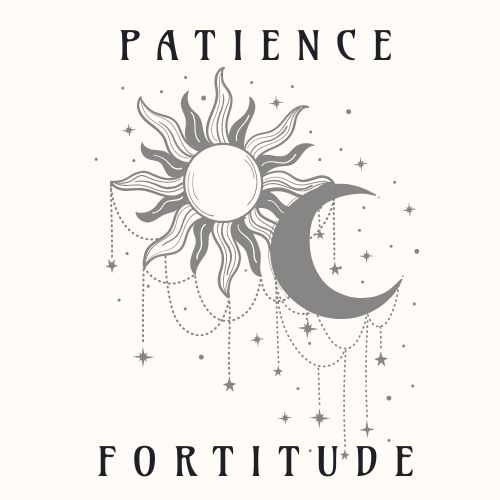Yesterday was the first day of classes, and in one class a professor sidelined into the “text” of memorial markers such as gravestones and road-side markers (yes, these are the kinds of classes I take). She expressed her dumbfounded amazement at the phenomenon of car window memorials, disdain clear in her commentary. My impression was that she didn’t get why people would cheapen someone’s memory in such a low-class way.
She’s a great person, and I’m sure she did not mean offense, she simply did not get it. That’s okay, because as I’m always quick to point out, everyone grieves differently.
I think, however, that a critical aspect of grief that has been lost in modern society is the marker it places on the individual who grieves. Losing someone we love scars us and changes who we are. The deaths of my parents are as much a part and parcel of who I am as my alma mater, my job history, and the music I listen to, but it’s hardly something I’m going to stick on my CV or mention in line at Starbucks.
Yet, there was once a time in human history when everyone who knew me would know about the deaths of my parents as well as they know my hair cut. Anthropologists have estimated that early human tribes were usually only about 150 people strong; even later “large” agricultural settlements were a fraction of the size of the university I attend. Everyone knew everyone else, or were only a few steps removed.
It’s possible to have that kind of interrelationship these days, in small towns for instance, but it’s more unusual in the United States than not. We are a transient society with people who can’t visit the graves of loved ones because those graves are 1,000 miles away and we live surrounded by people who don’t know us outside of the job we have or the role we play in our community.
In the same way that people have taken to “tribing up” to find belonging (you only have to find a particular music scene to see that phenomenon in action, be it country music, goth, or classical), people have to advertise who they are. We do this with the brands we buy, the clothes we wear, and, yes, the memorial text on our cars.
And, it’s America after all: we bond with our cars. More so than even the houses we live in or the brand-name shoes we wear, our cars are an extension of our identities. Memorials on them remind the world around us, populated mostly by people who are strangers to our histories, that we are the sum of many experiences, including grief.
